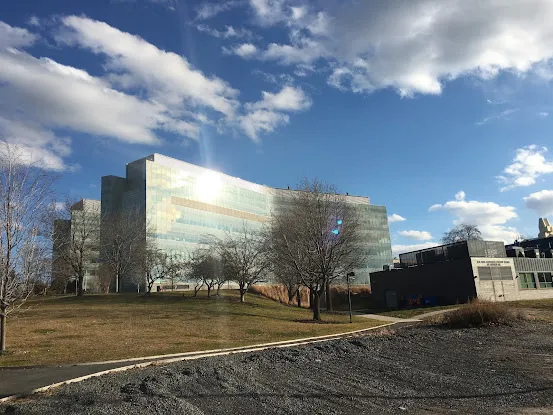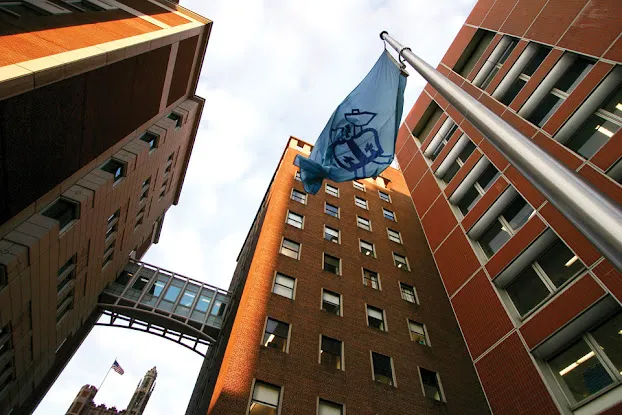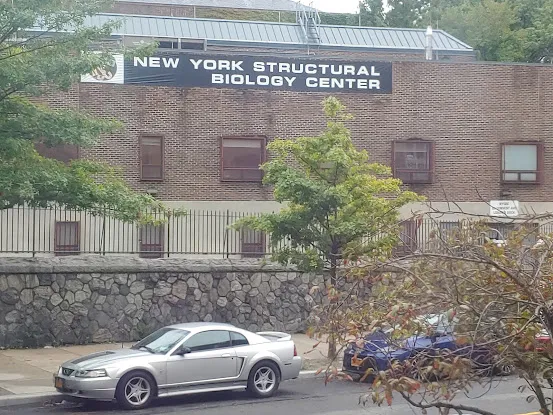Biochemistry lab Uptown Manhattan

CUNY Advanced Science Research Center
Uptown Manhattan
85 St Nicholas Terrace New York, NY 10031 United States

Columbia University Department of Biomedical Engineering
Uptown Manhattan
1210 Amsterdam Ave New York, NY 10027 United States
NYC Health+Hospitals/Manhattan Center For Science and Mathematics
Uptown Manhattan
260 Pleasant Ave New York, NY 10029 United States
Dietrich Lab
Uptown Manhattan
Sherman Fairchild Center 1212 Amsterdam Ave New York, NY 10027 United States
Exploring Biochemistry Labs in Uptown Manhattan
Uptown Manhattan is not only known for its vibrant culture and stunning architecture but also for its cutting-edge scientific research facilities. Among these, biochemistry labs play a vital role in advancing our understanding of biological processes at the molecular level. This article delves into what makes biochemistry labs in this area unique and essential for both scientific innovation and community health.
Biochemistry is the branch of science that explores the chemical processes within and related to living organisms. In Uptown Manhattan, labs specializing in biochemistry are at the forefront of groundbreaking research that can lead to significant breakthroughs in medicine, agriculture, and environmental science. These facilities often collaborate with universities, hospitals, and pharmaceutical companies, fostering an ecosystem of innovation and discovery.
One of the notable aspects of biochemistry labs in Uptown Manhattan is their focus on interdisciplinary research. Scientists from various backgrounds, including biology, chemistry, and engineering, come together to tackle complex problems. For instance, research conducted in these labs can lead to the development of new drugs or therapies for diseases that affect millions of people.
Additionally, many biochemistry labs in this region are equipped with state-of-the-art technology, allowing researchers to conduct experiments with precision and accuracy. Techniques such as mass spectrometry, chromatography, and genomic sequencing are commonly used to analyze biological samples and gain insights into the molecular mechanisms of life.
Furthermore, the vibrant community surrounding these labs contributes to their success. Researchers often engage with local schools and organizations to promote science education and inspire the next generation of scientists. This community outreach not only enhances public understanding of biochemistry but also builds a network of support for ongoing research.
For those interested in exploring the biochemistry landscape in Uptown Manhattan, numerous resources are available. Websites like www.manhattan-nyc.com provide valuable information about local labs and their research initiatives. Whether you're a student, a professional, or simply a curious visitor, there are opportunities to learn and engage with the scientific community.
In summary, biochemistry labs in Uptown Manhattan are crucial players in the scientific arena, contributing to essential research that impacts our lives. Their commitment to innovation, collaboration, and community involvement ensures that they will continue to thrive and make significant contributions to science and society.
